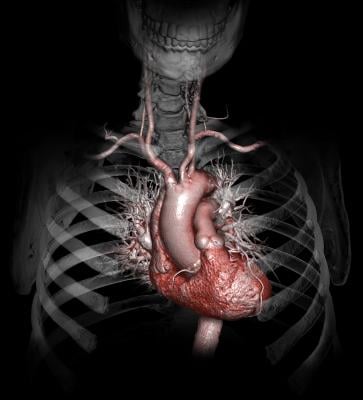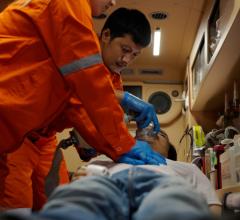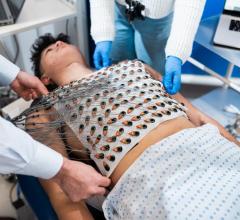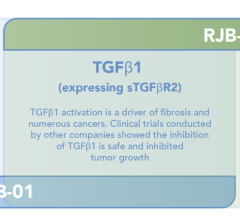
Image courtesy of Vital Images
January, 5, 2015 — The issue of sudden cardiac death has long been a concern of heart specialists, for cardiac arrest often hits young, apparently healthy and athletic people out of the blue. Doctors talk about ventricular fibrillation (VF) in these cases, while another heart rhythm disorder involving the chambers of the heart is ventricular tachycardia (VT), in which the ventricles beat regularly, but much too rapidly. Specialists in this field attended the 6th annual Euro VT/VF Meeting in Berlin to share their experiences and discuss new approaches to diagnosis and treatment.
One focus this year was sports and heart arrhythmias. Professor Matthias Antz of Oldenburg, Germany pointed out major differences in the ECG assessment of athletes and non-athletes - a fact not all doctors are aware of that can lead to confusion. Just four hours of training a week is already regarded as competitive sport and that's a level that many amateur sports enthusiasts also reach. Regular intensive training not only leads to a significantly slower heartbeat, but because the heart is strengthened, also to changes in the curves of the electrocardiogram, which can sometimes return to normal during exercise. Many ECGs that appear unusual at first glance are therefore totally normal for athletes, according to Antz, but there are clear warning signs for heart problems that have to be clarified. A thorough ECG examination is therefore important before commencing any intensive training, so that suitable precautionary measures can be taken if necessary, Antz explained.
How successful the widespread introduction of a routine ECG for high-performance athletes can be in the fight against sudden cardiac arrest was demonstrated by Professor Gaetano Thiene of the University of Padua, Italy. Of almost 34,000 athletes who were examined, 621 (1.8%) were ruled out from taking part in competitive sport on the basis of cardiovascular problems identified in an ECG that had not been picked up on in their day-to-day life. Since the 1980s, Italian doctors have thus been able to reduce the risk of sudden cardiac death among young sportspeople by almost 90 percent to a figure below the risk faced by the general population.
A wide-ranging all-clear was issued in Berlin for sports enthusiasts with an implantable cardioverter defibrillator (ICD). Based on the latest findings, the previous general prohibition on intensive sporting activity is generally not justified, declared Carsten Israel, M.D. from Bielefeld, Germany. These patients enjoyed good protection thanks to the device and would therefore not face any increased risk participating in sports such as marathon running or cycling, Israel confirmed. But there were sports that compromised the ICD device or the electrodes running through the veins, and those who wanted to play those sports should seek advice beforehand.
For more information: www.euro-vtvf.eu


 September 09, 2025
September 09, 2025 









